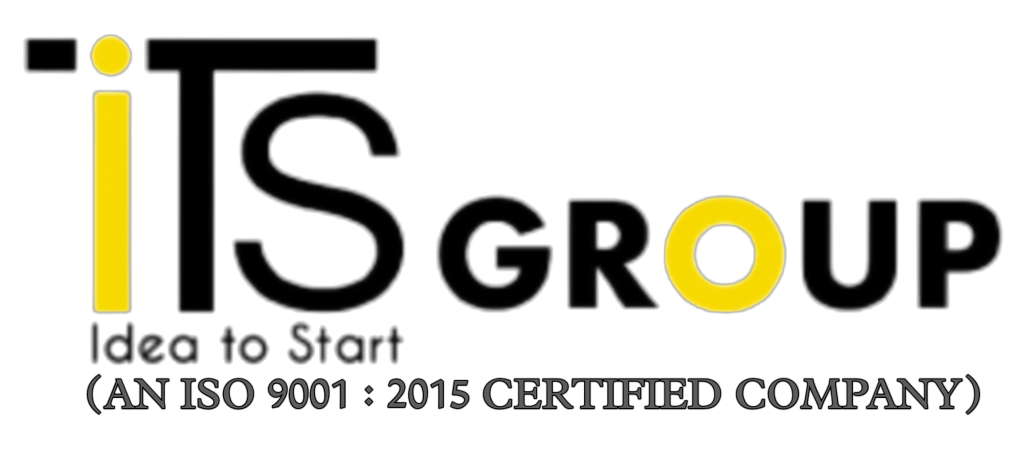Reducing Taxes on Home Office Expenses in India: Strategies and Deductions
As more Indian professionals and business owners choose to work remotely, it’s becoming increasingly important to know how to reduce taxes on home office expenses. Although home office expenses are not directly covered by the Indian Income Tax Act, there are provisions in the law that let taxpayers claim deductions and lower their taxable income. This article explores the use of Section 37(1) of the Income Tax Act and claiming business expenditures as the two main strategies for reducing taxes on home office expenses.
1. Making a Business Expense Claim
Certain expenses incurred at the home office can be written off as business expenses for self-employed people and home-based business owners. This covers a reasonable amount of the expenses for the home office.
Save Tax by Deducting the Following Major Costs:
a. Interest on Rent or Mortgage:
If you rent your house, you can deduct a portion of the rent from your business expenses as long as the space is used only for your business. Similarly, you may also claim proportionate reimbursement for mortgage interest if you own your house.
b. Facilities:
You may claim a portion of your utility costs, including those for phone, internet, water, and energy, based on how much is used for your home office. For business purposes, it’s crucial to determine this percentage using the actual consumption.
c. Maintenance:
You may deduct business expenses for painting, repairing damages, and basic upkeep that go into maintaining your home office space.
d. Furnishings and Machinery:
It is possible to claim depreciation on equipment and office furniture used for business. The Income Tax Rules specify the depreciation rates, and it’s critical to keep track of these assets’ records.
2. General Business Expenses under Section 37(1)
The Income Tax Act’s Section 37(1) allows for the deduction of any costs that are solely and exclusively incurred for business purposes but are not expressly covered by other sections. For the purpose of deducting various home office expenses that do not fit into one of the established categories, this section is especially helpful. In order to properly use Section 37(1), make sure that the costs are:
a. Completely and Only for Business Use:
The costs must be appropriate and limited to what is required to operate your firm. This part does not allow for the claim of personal costs.
b. Justified and Reasonable:
The costs ought to make sense within the framework of how your firm operates. Excessive costs, for example, those that don’t fit the size and type of your company, can not be approved.
c. Accurately Recorded:
Keep thorough records and proof of all the costs you claim in accordance with Section 37(1). Invoices, receipts, and evidence of payment fall under this category. In the event that the tax authorities conduct an audit, proper documentation is essential.
Useful Illustration:
Assume, for example, that you operate a consulting business out of a 1,200 square foot apartment and that you use a 200 square foot room only for business purposes. The following is how to claim and apportion expenses:
Rent:
If your monthly rent is Rs. 40,000, the portion for the home office (200/1200) is Rs. 6,666 per month. This comes to an annual total of Rs. 80,000.
Utilities:
If your monthly electricity bill is Rs. 5,000, and 20% is used for the home office, the claimable amount is Rs. 1,000 per month, or Rs. 12,000 annually.
Maintenance:
Suppose you spent Rs. 15,000 on painting and repairs for the office area; this entire amount can be claimed.
Equipment Depreciation:
If you purchased a computer for Rs. 50,000, you can claim depreciation as per the applicable rates under the Income Tax Rules.
In Summary
To save taxes on home office expenses in India, one must have a thorough awareness of the Income Tax Act’s regulations. Self-employed people and business owners can effectively lower their taxable income by claiming allowable business costs and making use of Section 37(1). Ensuring compliance with tax legislation requires appropriate paperwork and a sensible approach to expense allocation. Making the most of the deductions that are available to you and streamlining this process even more can be achieved by consulting a tax expert.


